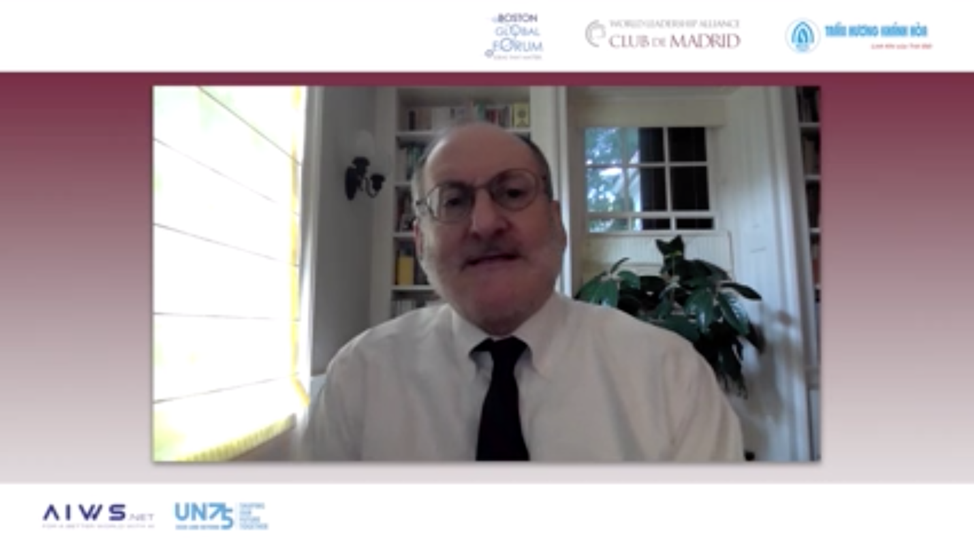
by Editor | Oct 18, 2020 | News
Professor David Silbersweig, Harvard Medical School, co-founder of AIWS.net and member of AIWS City Board of Leaders, will speak at this event, October 22-24, 2020
Neuropsychiatry is an exciting and rapidly growing field that promotes an improved understanding of the brain/mind relationship. It seeks to elucidate the brain circuitry involved in primary psychiatric disorders such as mood, anxiety, psychotic, and somatic symptom disorders, and in neurological disorders that present with cognitive, emotional, or behavioral problems. The ultimate goal of neuropsychiatry is to advance diagnostic and treatment options for patients suffering from these disorders. This course is designed to enhance participants’ knowledge of brain-behavior relationships and their skills for the diagnostic work-up and treatment of patients with neuropsychiatric disorders. Faculty will review cutting-edge, clinical research, evidence-based interventions and practical guidelines for the clinician. The course content will include the functional neuroanatomy of emotions, cognition, and behavior; the fundamentals of the neuropsychiatric exam and relevant ancillary tests; and neuropsychopharmacological and non-pharmacological interventions in neuropsychiatric disorders. We will discuss the neuropsychiatric aspects of traumatic brain injury, epilepsy, neurodegenerative disorders, stroke, multiple sclerosis, functional neurological disorders, Tourette Syndrome, addiction, and other disorders.
The event can be found here.
Course Directors
Gaston Baslet, M.D., Scott McGinnis, M.D., Juan Carlos Urizar, M.D., Laura Safar, M.D., Kirk Daffner, M.D., David Silbersweig, M.D.
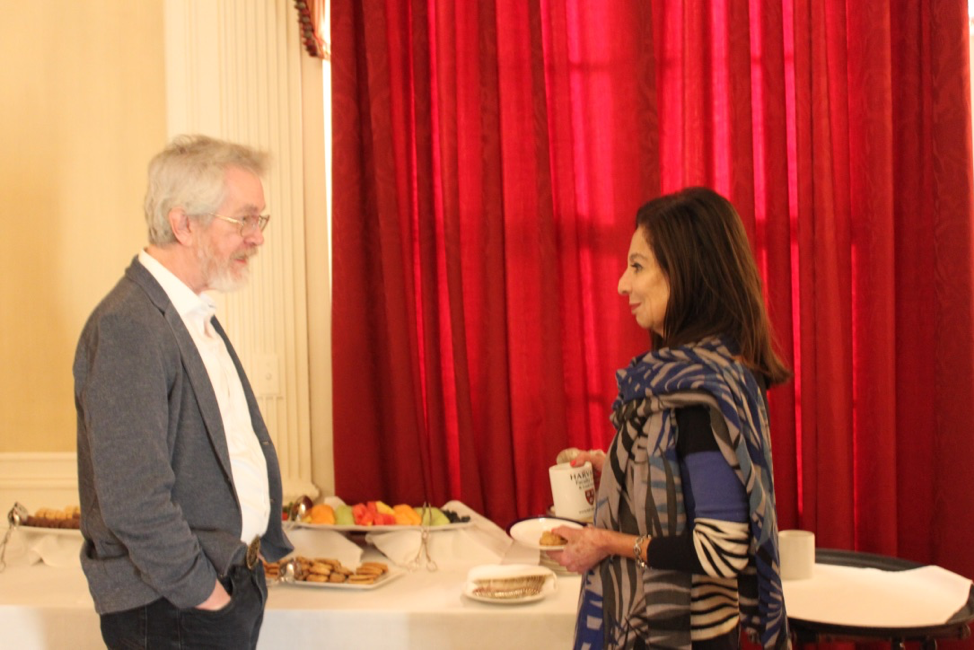
by Editor | Oct 18, 2020 | Event Updates
World Leadership Alliance-Club de Madrid’s (WLA-CdM) co-organises its flagship Policy Dialogue ‘Multilateralism that Delivers’ in collaboration with Bertelsmann Stiftung, in a virtual format and over a four-day period: a single session on 20 October, and three-day session between 28 and 30 October.
Our 2020 Policy Dialogue ‘Multilateralism that Delivers’ provides a global platform that brings together a large number of WLA-CdM’s more than 100 democratic former Presidents and Prime Ministers, from over seventy countries, sitting policymakers, representatives of international organisations, civil society and academia to identify and promote a much-needed renewal of our multilateral system, one that breathes new life and reflects new realities. Building on our continued work on multilateralism, the specific measures and policies identified will feed into the UN75 stock taking process and will be shared with the German EU Presidency and other major action-oriented discussions taking place on this most pressing topic such as the UN2020 campaign.
The Policy Dialogue’s Breakout Action Labs will delve deeper into three challenges that require a multilateral and cooperative approach:
- Transforming Multilateralism for 21st Century Social Justice and Inclusion
- Digital Cooperation and a better global future
- Leveraging multilateralism to build back better towards a more sustainable future
Professor Alex Sandy Pentland (MIT), Co-founder and Mentor of AIWS.net, representative of the Boston Global Forum will lead the Action Lab “Digital Cooperation and a better global future”
The Paper “Working With AIWS City to Create A New Gem For The World” by Mr. Bui Thanh Nhon, Chairman of the Novaland Group, was posted on website of the event at https://multilateralism2020.dialoguescdm.org/background/
He wrote: “We are proud to cooperate with the AIWS City to create NovaWorld Phan Thiet, a city of history, intelligence, and humanity, connecting with other intellectual, cultural and innovative centers around the world, with the standards of the Social Contract in the AI Age, adhering to AIWS City.”

by Editor | Oct 18, 2020 | News
At 10:10 am, 10/10/2020, in Beacon Hill, Boston, MA, the Michael Dukakis Institute introduced the website AIWS.city.
AIWS City, an all-digital, virtual, intelligent, and innovative ecosystem for work – endowed with kindness and consideration, and anchored in intellect. AIWS City will start to serve from 1/9/2021.
AIWS City is based in Boston, and connected to gems of the world as Athens, Riga, London, Paris, Rome, Vienna, Saint Petersburg, Tokyo, Kyoto, New York, San Francisco, Los Angeles, Washington DC, Bar Harbor, Key West, Jerusalem, New Delhi, Prague, Brussels, Krakow, Stockholm, Amsterdam, Edinburg, Copenhagen, Geneva, Lisbon, Barcelona, Toledo, Dubrovnik, Budapest, Cairo, Agra-Tāj Mahal etc.
AIWS City is an initiative for the United Nations 2045.
At the Riga Conference 2020, November 12-13, organizers (the Latvian Transatlantic Organisation (LATO), the Ministry of Defence of the Republic of Latvia, and the Ministry of Foreign Affairs of the Republic of Latvia) will publish the Policy Paper “Social Contract for the AI Age in Practice: The AIWS City” of Nazli Choucri, Nguyen Anh Tuan, Marc Rotenberg.
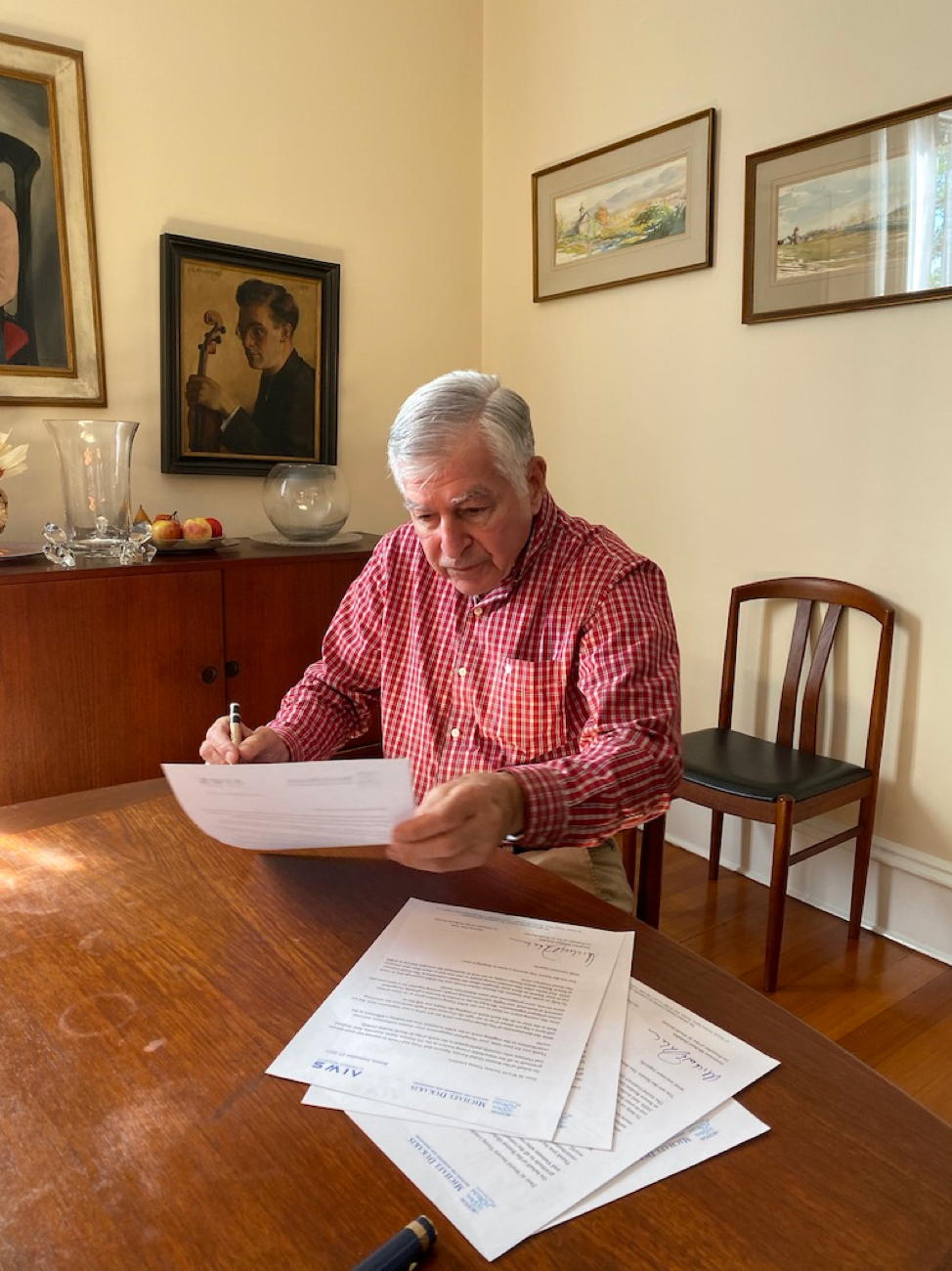
by Editor | Oct 9, 2020 | News
The Rīga Conference has become a unique venue for constructive dialogue on international security issues between leading global decision makers. The event is organized jointly by the Latvian Transatlantic Organisation (LATO), the Ministry of Defence of the Republic of Latvia, and the Ministry of Foreign Affairs of the Republic of Latvia. The Riga Conference facilitates debates at various levels, engaging high-level politicians, diplomats, experts, as well as local and international media. By attracting key international players and tackling the most pressing issues that our societies currently face, The Rīga Conference demonstrates its commitment to think and work in a global context.
Over the course of the last decade, The Rīga Conference has built a reputation across the region. Highlights have included having the Prime Ministers of Latvia, Poland, Estonia, Lithuania, and Finland together in the same room to discuss economic growth in a time of austerity; the presentation by Georgian President Mikheil Saakashvili in 2008 and the address by President of the United States George W. Bush in 2006.
This year, the Boston Global Forum co-organizes a session about the Quad (US, Japan, Australia, and India) and solutions for world peace and security at the Riga Conference 2020, at 2:30 pm EET, November 12, 2020. Governor Michael Dukakis, co-founder and Chairman of the Boston Global Forum, will join this session together with leaders of US, Japan, Australia, and India. Mr. Nguyen Anh Tuan, co-founder and CEO of the Boston Global Forum, was a speaker at the Riga Conference 2019 in the Plenary Session: Political Power in the Digital Age.
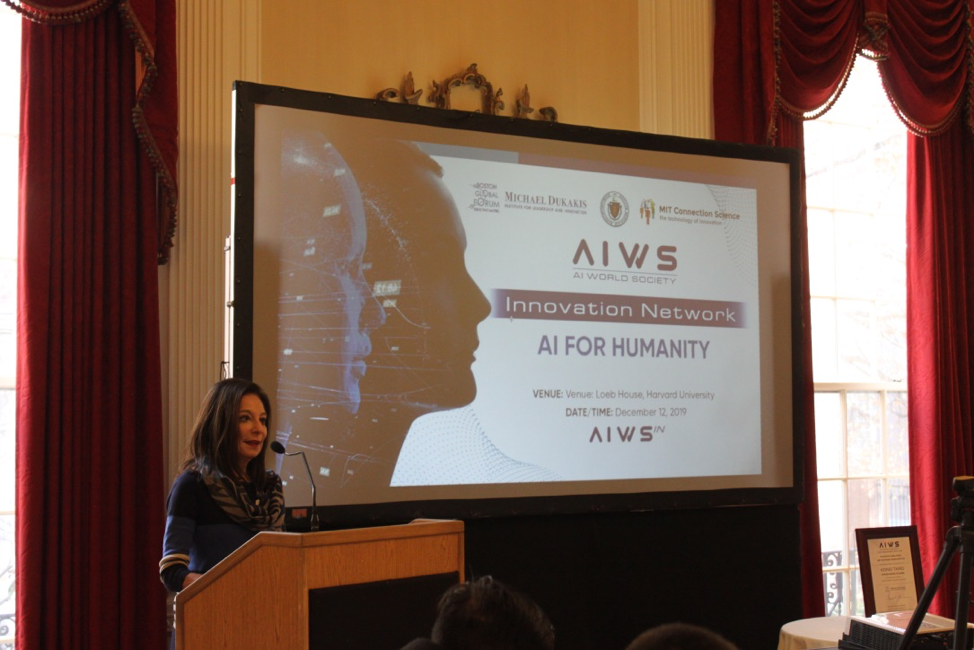
by Editor | Oct 9, 2020 | Event Updates
The Policy Paper “Social Contract for the Artificial Intelligence Age – Safety, Security, & Sustainability for AI World” by Nazli Choucri, Nguyen Anh Tuan, and Marc Rotenberg will be published as an official document at the Riga Conference 2020.
The Rīga Conference takes pride in itself as the meeting place of local and global elites since its inception in 2006. In the past, the Rīga Conference have been honored with the presence of countless heads of state, heads of government, ministers, NATO and EU officials, and ambassadors – from all around the world. In addition to the extensive list of speakers, over 500 participants attend the conference every year, listening to and interacting with high-level policy makers.
Over the course of the last decade, The Rīga Conference has built a reputation across the region. Highlights have included having the Prime Ministers of Latvia, Poland, Estonia, Lithuania, and Finland together in the same room to discuss economic growth in a time of austerity; the presentation by Georgian President Mikheil Saakashvili in 2008 and the address by President of the United States George W. Bush in 2006.
The Rīga Conference 2020 will be taking place on the 12th and 13th of November, 2020. This is a special year for The Rīga Conference since it is it’s 15th anniversary. The event will proceed in a hybrid form- with a limited number of participants in person and a wider audience online. This year, amongst other things, the relevance of NATO on both sides of the Atlantic, COVID-19 consequences for defence, a post-pandemic global order, EU resilience in crisis, as well as Infodemia and other issues will be debated.
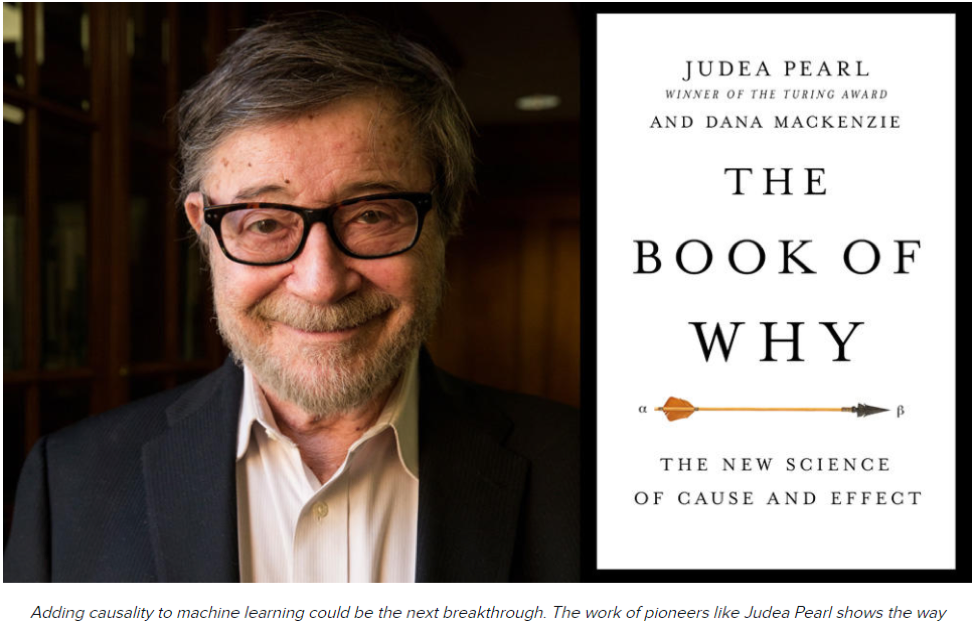
by Editor | Oct 9, 2020 | News
In the State of AI Report 2020, Benaich and Hogarth outdid themselves. While the structure and themes of the report remain mostly intact, its size has grown by nearly 30%. This is a lot, especially considering their 2019 AI report was already a 136 slide long journey on all things AI.
The State of AI Report 2020 is 177 slides long, and it covers technology breakthroughs and their capabilities, supply, demand, and concentration of talent working in the field, large platforms, financing, and areas of application for AI-driven innovation today and tomorrow, special sections on the politics of AI, and predictions for AI.
Some researchers, Benaich and Hogarth noted, feel that progress in mature areas of machine learning is stagnant. Others call for advancing causal reasoning and claim that adding this element to machine learning approaches could overcome barriers.
Causality, Hogarth said, is arguably at the heart of much of human progress. From an epistemological perspective, causal reasoning has given us the scientific method, and it’s at the heart of all of our best world models. So the work that people like Judea Pearl have pioneered to bring causality to machine learning is exciting. It feels like the biggest potential disruption to the general trend of larger and larger correlation driven models.
The original article can be found here.
Regarding to AI and Causality, Professor Judea Pearl is a pioneer for developing a theory of causal and counterfactual inference based on structural models. In 2011, Professor Pearl won the Turing Award, computer science’s highest honor, for “fundamental contributions to artificial intelligence through the development of a calculus of probabilistic and causal reasoning.” In 2020, Professor Pearl is also awarded as World Leader in AI World Society (AIWS.net) by Michael Dukakis Institute for Leadership and Innovation (MDI) and Boston Global Forum (BGF). At this moment, Professor Judea also contributes to Causal Inference for AI transparency, which is one of important AIWS.net topics on AI Ethics.
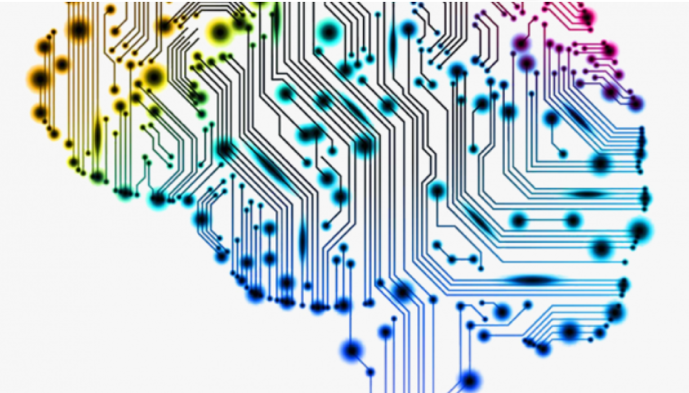
by Editor | Oct 3, 2020 | News
If you are considering using artificial intelligence (AI) to mature your foundational IT and data capabilities, how do you separate hype from reality?
Whether you are exploring the promises of AI for your business or still wondering when you will see truly transformative results, here are five industry trends that will help realize AI’s untapped potential.
For most of us, deep learning systems are essentially incomprehensible. Using millions of data points as input and the correlating data as output, their internal logic can generally not be interpreted using plain language.
However, if automated systems are to assist in making critical decisions such as which operations and processes to use and we cannot understand how these decisions are made, how can we identify and address errors? This lack of common sense (a term first defined in the context of AI by John McCarthy in the 50s), has limited the application of AI in the real world to date. We need a clearer, less complicated AI system that better relates to the world and to people.
The original article can be found here.
Regarding to explainable AI and Causality, Professor Judea Pearl is a pioneer for developing a theory of causal and counterfactual inference based on structural models. In 2011, Professor Pearl won the Turing Award, computer science’s highest honor, for “fundamental contributions to artificial intelligence through the development of a calculus of probabilistic and causal reasoning.” In 2020, Professor Pearl is also awarded as World Leader in AI World Society (AIWS.net) by Michael Dukakis Institute for Leadership and Innovation (MDI) and Boston Global Forum (BGF). At this moment, Professor Judea also contributes to Causal Inference for AI transparency, which is one of important AIWS.net topics on AI Ethics.
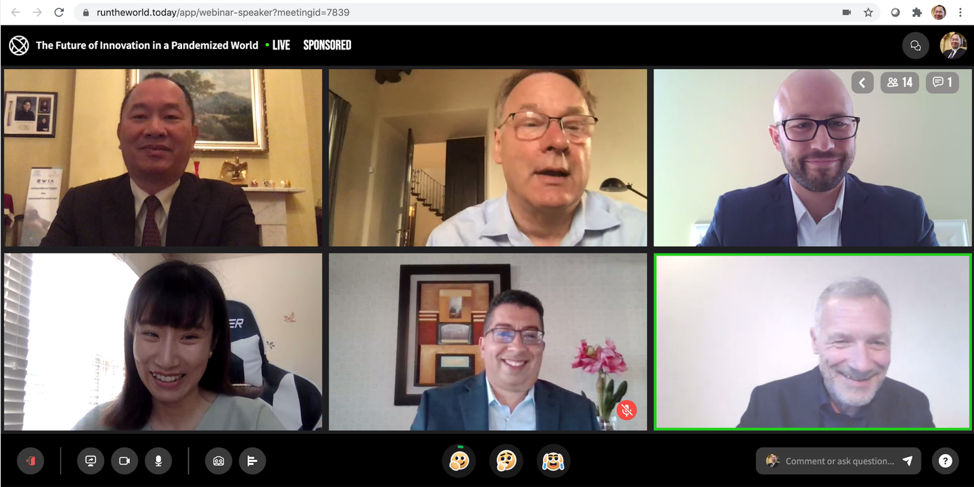
by Editor | Oct 3, 2020 | Event Updates
Horasis organize Horasis Extraordinary Meeting Virtual Event, October 1, 2020 06.30-23.00 Central European Summer Time.
The Horasis Extraordinary Meeting is the world’s foremost gathering of business leaders who interact with key government officials and eminent thought leaders. Under the theme Unite. Inspire. Create, 500 of the most senior members of the Horasis Visions Community gathered virtually to overcome the profound economic, political and social disruptions caused by Covid-19. The Horasis Extraordinary Meeting offers the conceptual backbone and action platform to advance the recovery – envisioning and implementing novel business models, new political cooperation and deep social cohesion.
Antonio Guterres, Secretary-General, United Nations, presented a keynote speech. There are presidents, prime ministers who are speakers.
Mr. Nguyen Anh Tuan, CEO of the Boston Global Forum, was a speaker at the Horasis Extraordinary Meeting. He spoke about the Social Contract for the AI Age and AIWS City at the Panel “The Future of Innovation in a Pandemized World”.
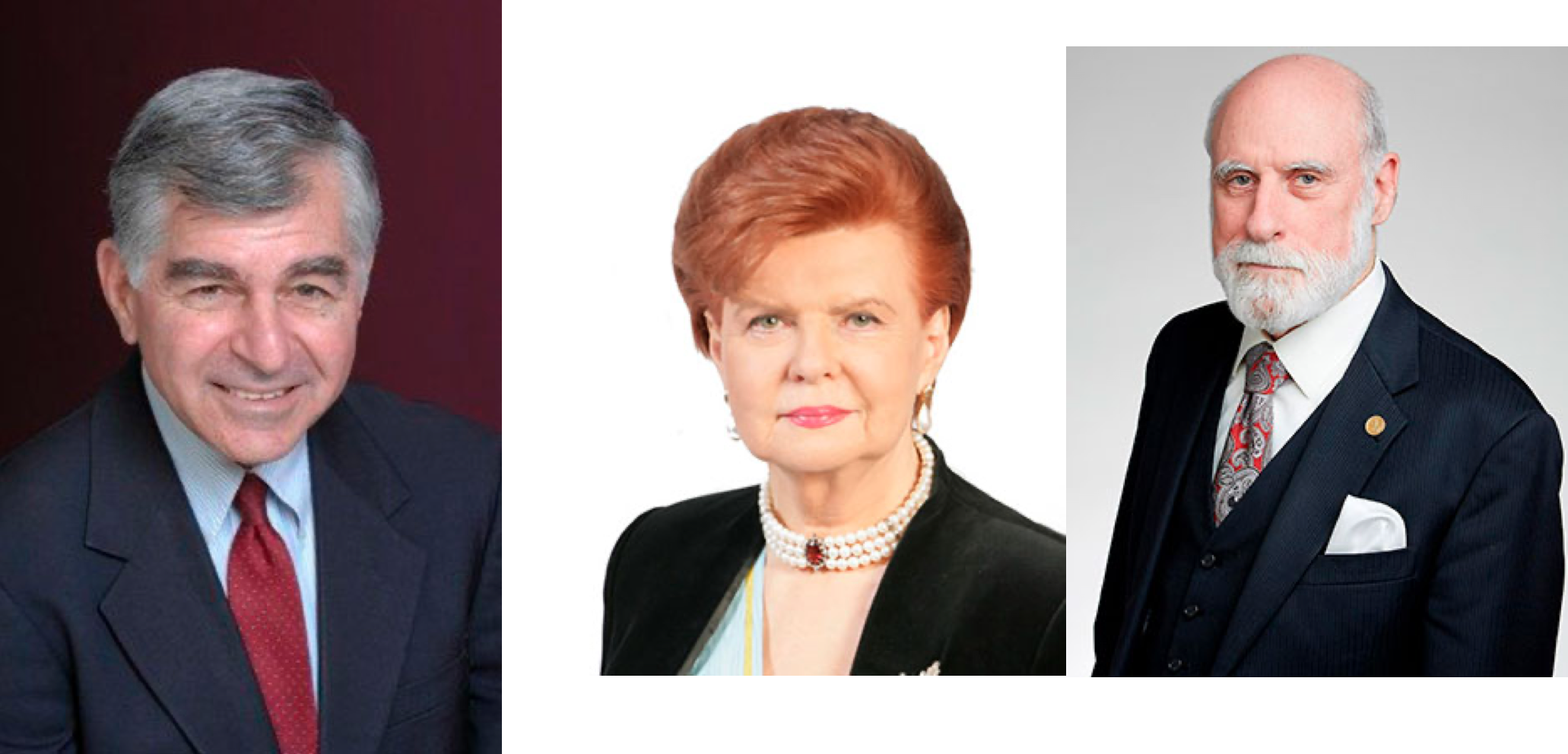
by Editor | Oct 3, 2020 | News
Governor Michael Dukakis, Co-founder and Chairman of the Boston Global Forum, Father of the Internet Vint Cerf, World Leader in AIWS Award recipient, and President Vaira Vike-Freiberga, World Leader for Peace and Security Award recipient, will have virtual digital honored houses at AIWS City. AIWS City is an all-digital, virtual, kind, intelligent, and innovative ecosystem for work and life named “the AI World Society City” (the AIWS City), domain name: AIWS.city.
As a pragmatic vision, AIWS City is to be based on AIWS Value in order to create a good Ecosystem of the People Centered Economy – “all people can create value for each other”.
In this context, AIWS puts forth the concept of AIWS Value as follows:
AIWS Value:
- traditional value (products, services, data, innovation, creativities, etc.) X
- social values (contributions).
We consider this as a multiplicative not an additive function. This enables a situation where society recognize traditional and social values and can exchange them for AIWS Reward as a digital currency.








